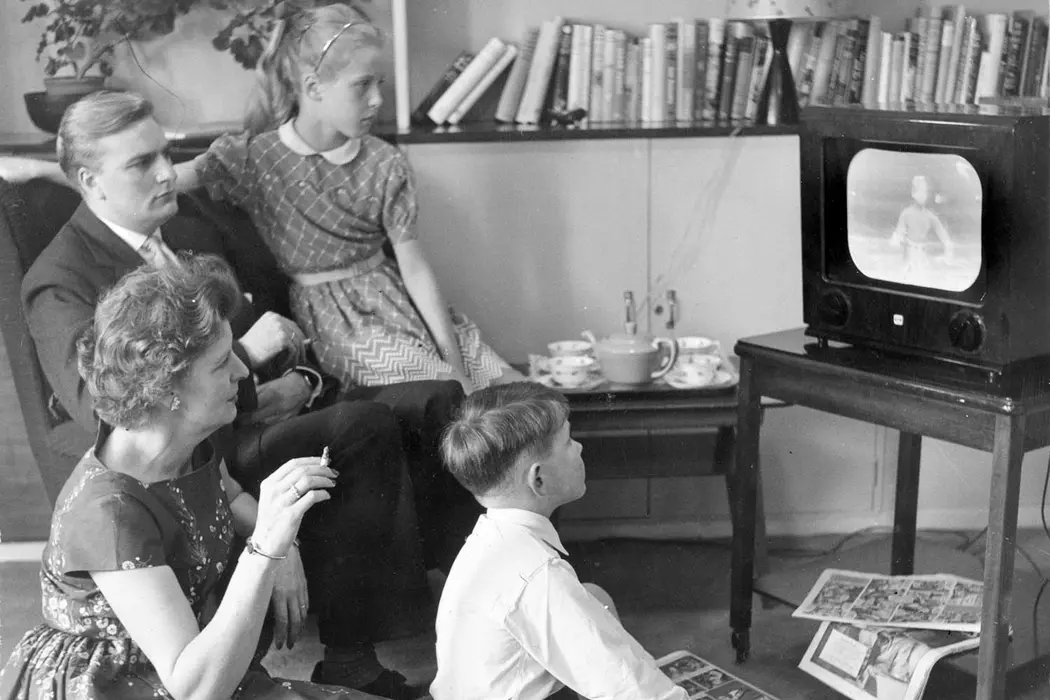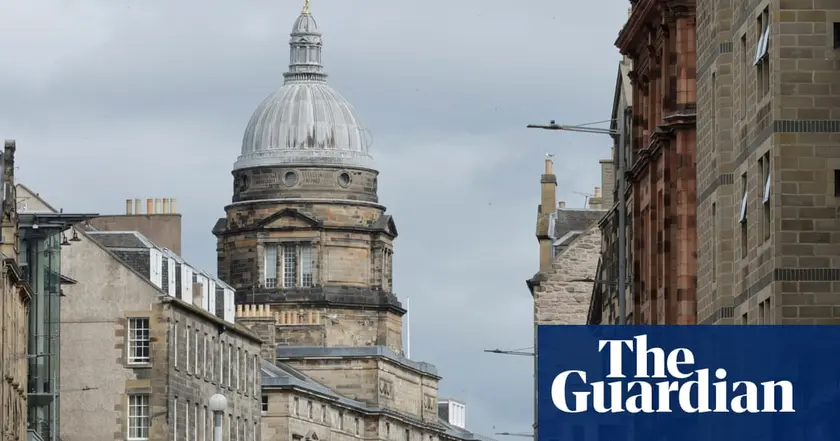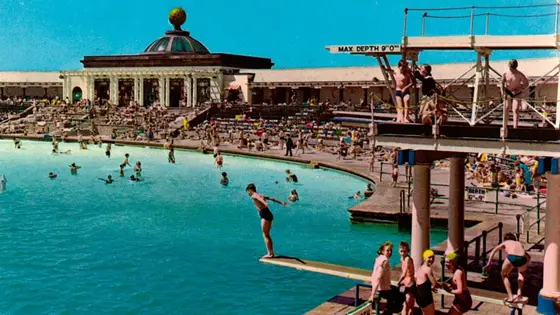T4K3.news
BBC archive access changes draw academic criticism
Scholars warn the BBC’s new structured releases may limit independent research and reshape public memory.

Scholars warn that new structured releases will curb independent inquiry and reshape how public memory is built.
BBC restricts access to its written archives triggering academic backlash
Following an internal audit, the BBC Written Archives Centre in Caversham, Berkshire, has shifted to a plan of structured content releases instead of responding to individual research requests. Access to the archive has been reduced from three days a week to two, and inquiries from the general public are now closed. The BBC says the approach will be more efficient and widen access over time, aiming to open 30% of the archive now and 50% within five years.
An open letter signed by more than 400 historians, researchers and writers argues the change erodes independent exploration. David Kynaston, a social historian, says it is a terrible situation and that researchers should be able to explain to archivists what they need cleared for study. Critics worry the move will spotlight mainstream topics and reduce access to hidden or contested events, like early coverage of immigration or postwar domestic life. The BBC counters that reading room visits will continue and that freedom of information requests remain possible, even as the archive shifts toward content moments tied to calendar milestones.
Key Takeaways
"It is a terrible situation"
David Kynaston on the switch from on demand access to structured releases
"The closing off of its written archive from genuine independent and exploratory research is a self-inflicted wound that may never heal"
Kynaston on the potential loss of independent scholarship
"They have clearly shifted to it being a resource for BBC business priorities"
John Wyver commenting on governance and priorities
"They simply changed the rules"
John Wyver on the unilateral change in access
The controversy centers on who controls the nation’s memory. Critics say a shift from on demand access to curated releases risks narrowing the scope of history to what the BBC judges newsworthy. This could mend the archive to fit current priorities and budget pressures, rather than preserve a broad record of social change. The debate also tests the public contract around state funding for cultural resources; a charter renewal in 2027 adds political weight to every decision about access, transparency and accountability.
Independent scholars warn that the changes could blunt the archive’s value as a source for new, surprising findings. If the archive becomes a tool for promotional content rather than a passport to the past, future researchers may lose the ability to uncover overlooked narratives and marginal voices. The BBC defends the plan as a practical step toward broader reach, but observers say the only real value will come from sustained, unrestricted access that invites curiosity, not confirmation.
Highlights
- An archive is history and heritage
- Public money built this archive and it belongs to the people
- Structured releases risk hiding the quieter stories
- Researchers need flexible access to ask the right questions
Public funding and academic freedom at risk
The move touches on public money, transparency, and the ability of scholars to challenge or reinterpret history. Critics warn of reduced intellectual diversity and potential political sensitivity as access narrows.
The past deserves open doors, not doors that close when curiosity arrives.
Enjoyed this? Let your friends know!
Related News

Edinburgh University urged to keep antisemitism definition

SAS Rogue Heroes Season 2 Now Streaming

Pedn Vounder Beach closed

Cybersecurity Weekly Recap

England Women win Euro 2025 final on penalties against Spain

Trump signals peace talks with Russia ahead of Alaska summit

New photography books highlight the British seaside

Press access restricted at Notts council
